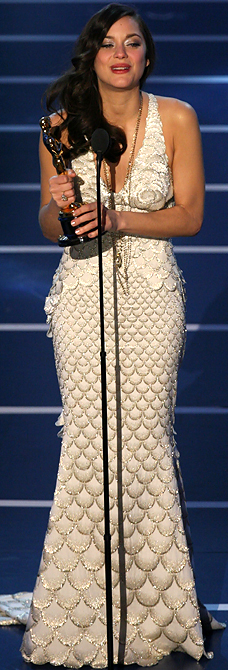Way back in the middle of Ronald Reagan’s second term, about the time I started working for a Washington, D.C.-based conservative political organization, a movie came out that made me want to go into campaign media consulting in the worst way.
It was a direct to video flop directed by Sidney Lumet (Network) and starring Richard Gere titled, Power.
In the film, Gere plays a high-powered campaign media guru whose specialty was coming up with devastating television spots and quickly responding to the opponents devastating spots.
For most television-era election cycles, that has indeed been a crucial skill. The right negative ad could be devastating. But the right ad in response, especially if quickly deployed, could neutralize one. This back and forth between the creative staffs and agencies of national campaigns has been the order of the day.
And then came YouTube and a hundred thousand partisans with the basic tools to do video production at their fingertips. Clearly, nothing will ever be the same.
The reality of that hit me last night as I headed over to YouTube in search of a link to Hillary’s “3 A.M. Phone Call” spot so I could imbed it in the “Texas Primary” post below.
The thing was, instead of finding Hillary’s spot, I found 40 or 50 spoofs, parodies and mash-ups of it. Yes, the Obama campaign did quickly produce a response to the Clinton ad (a not very effective one in my opinion—here.) But the real response came immediately from scores of web-savvy, media-savvy Obama fans. Here’s one example.
The beauty of it is that the Obama campaign didn’t have to spend a dime to create these responses and they can take no flak for them if they are unfair, over the top, or generally vicious. They had nothing to do with them.
The “Power” referenced in that 80s movie title has shifted. The Internet has democritized content creation. I don’t think politics will ever be the same.





